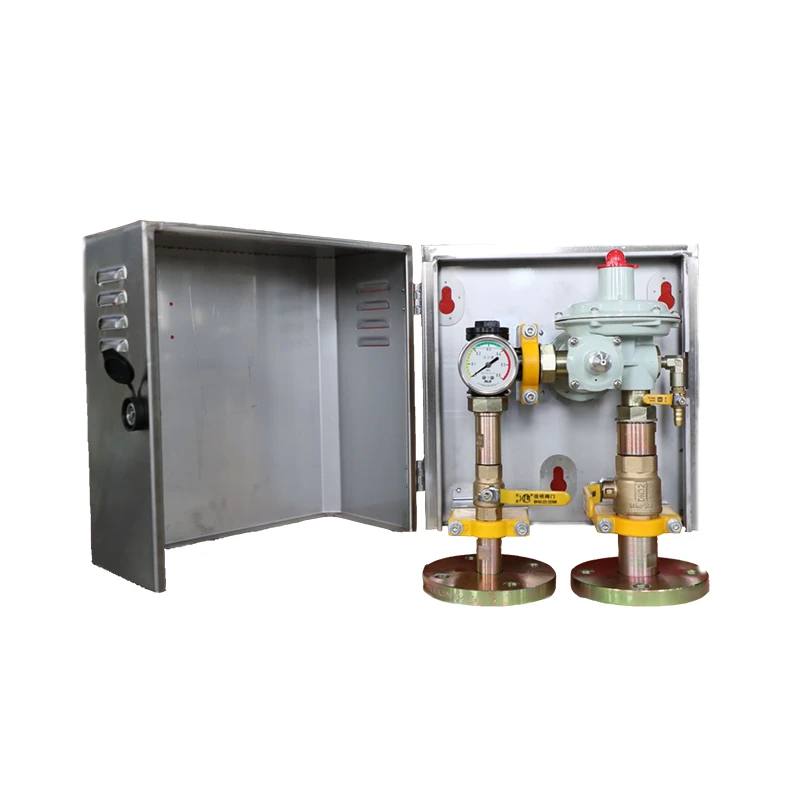
Jan . 01, 2025 15:38
Back to list
Understanding Gas Filtering Techniques for Effective Air Quality Management
Understanding Gas Filters Importance, Types, and Applications
Gas filters play a crucial role in both industrial and residential settings by ensuring that the air we breathe is free from harmful pollutants and contaminants. As concerns about air quality continue to rise, the demand for effective gas filtration technologies has grown significantly. This article delves into the importance of gas filters, explores the different types available, and examines their various applications.
Importance of Gas Filters
Gas filters are essential for removing particulate matter, gases, and other harmful pollutants from the air. Without adequate filtration, harmful substances can pose serious health risks to individuals and damage equipment and structures. This is especially crucial in industrial environments, where air quality can be compromised due to chemical emissions and dust.
Moreover, gas filters contribute to environmental protection. By capturing and removing contaminants before they are released into the atmosphere, these filters help reduce pollution levels and promote cleaner air. This not only benefits human health but also protects ecosystems sensitive to air quality changes.
Types of Gas Filters
Gas filters can be categorized based on their operation, the types of contaminants they target, and their construction materials. The primary types include
1. Activated Carbon Filters These filters are made from carbon that has been treated to create a porous surface. This structure allows them to effectively adsorb a wide range of gases, including volatile organic compounds (VOCs), odors, and various pollutants. Activated carbon filters are widely used in air purifiers and in HVAC systems.
2. HEPA Filters Although HEPA (High-Efficiency Particulate Air) filters are primarily designed to capture particulate matter, some HEPA filters are combined with activated carbon layers to enhance their gas-filtering capabilities. These filters are commonly used in clean rooms, hospitals, and residential air purifiers.
3. Chemical Absorbent Filters These filters utilize chemical reactions to capture specific gases. For example, alkaline filters can neutralize acidic gases, while acidic filters can trap alkaline gases. These are often employed in industrial settings where specific gas emissions are prevalent.
gas filter

4. Electrostatic Filters Utilizing static electricity, these filters attract and capture particles in the air. While they are primarily used for particulate matter removal, some models can also filter certain gases, making them suitable for various applications.
5. Membrane Filters These filters consist of semi-permeable materials that allow specific gases to pass through while blocking others. Membrane filtration is commonly used in applications requiring selective gas separation, such as hydrogen separation and carbon dioxide removal.
Applications of Gas Filters
Gas filters find applications across various sectors, including
- Healthcare In hospitals, gas filters are essential to maintaining clean air in operating rooms and patient care areas. HEPA filters, often used in conjunction with activated carbon, help eliminate airborne pathogens and harmful VOCs.
- Manufacturing Industries that produce chemicals and other pollutants rely heavily on gas filters to ensure that emissions comply with environmental regulations. Proper filtration systems can prevent the release of harmful substances into the atmosphere.
- Residential Use Home air purifiers often contain activated carbon filters to remove odors, smoke, and chemical fumes, contributing to a healthier living environment.
- Environmental Monitoring Gas filters are widely used in air quality monitoring stations to collect samples for analysis. Understanding the concentration of various gases helps authorities make informed decisions about air quality and public health.
Conclusion
Gas filters are vital components in protecting our health and the environment from harmful pollutants. With a variety of types available, each designed for specific applications, they play an indispensable role in ensuring air quality in numerous settings. As technology advances, we can expect further innovations in gas filtration, enhancing their effectiveness and efficiency in the ongoing effort to create a cleaner, healthier world. By investing in proper gas filtration solutions, industries and individuals alike can contribute to a sustainable future with better air quality for all.
Latest news
-
Safety Valve Spring-Loaded Design Overpressure ProtectionNewsJul.25,2025
-
Precision Voltage Regulator AC5 Accuracy Grade PerformanceNewsJul.25,2025
-
Natural Gas Pressure Regulating Skid Industrial Pipeline ApplicationsNewsJul.25,2025
-
Natural Gas Filter Stainless Steel Mesh Element DesignNewsJul.25,2025
-
Gas Pressure Regulator Valve Direct-Acting Spring-Loaded DesignNewsJul.25,2025
-
Decompression Equipment Multi-Stage Heat Exchange System DesignNewsJul.25,2025

